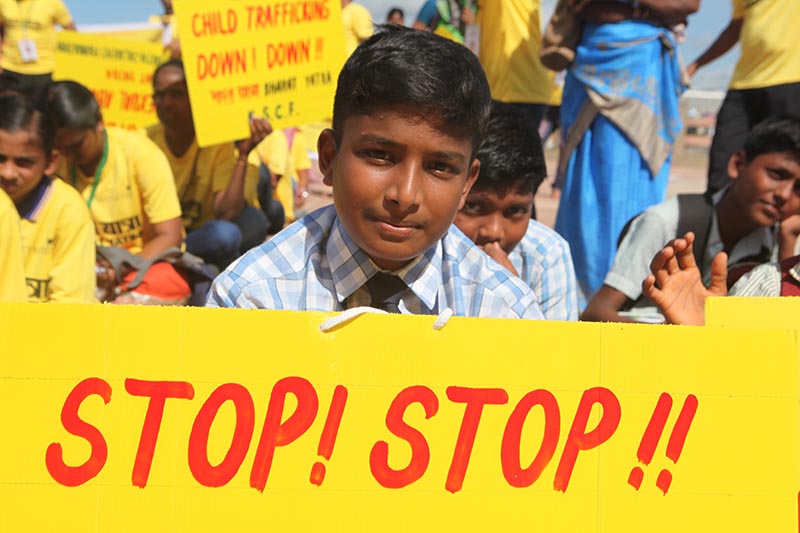Indian brothel owners get first life sentence for trafficking children
CHENNAI: Two Indian brothel owners have been jailed for life for the trafficking, rape and sexual abuse of children, an unprecedented sentence in a country where fewer than two in five trafficking cases ends in a conviction.
Prosecutor Sunil Kumar said Pancho Singh and his wife Chhaya Devi, who ran the brothel in Gaya in the eastern state of Bihar, were found guilty on evidence from “brave survivors” and given the maximum punishment under existing anti-trafficking laws.
The court in Gaya heard testimonies from four of nine girls who were rescued from the brothel during a police raid in 2015.
“In most cases, once the girls are rescued, they go home and never come back to testify,” Kumar told the Thomson Reuters Foundation in a phone interview.
“But here, some of the girls came back and described in detail the horrors they had been through. They told the court about forced abortions, the rapes and how some girls had even committed suicide.”
Among them was a teenager from Howrah in West Bengal state who was kidnapped at the age of 11 and forced to have sex with at least 20 men a day for the three years, he said.
The teenager, who won a bravery award in 2017 for spotting one of the two traffickers at a railway station which helped lead to his arrest, was among those who testified in court.
The court awarded compensation of 450,000 Indian rupees ($7,000) to each of the four victims who testified in recognition of their bravery in coming forward and 300,000 rupees ($4,600) to the other survivors.
Of an estimated 20 million commercial sex workers in India, 16 million women and girls are victims of sex trafficking, according to non-governmental organizations.
According to Indian government data, less than half of the more than 8,000 human trafficking cases reported in 2016 were filed in court by the police and the conviction rate in cases that did go to trial was 28 percent.
The 2017 Trafficking in Persons report by the U.S. State Department stated that victim identification and protection in India is “inadequate and inconsistent”.
Campaigners welcomed Tuesday’s verdict, saying it should encourage other victims to come forward.
“It is heartening to see that more and more survivors of trafficking are coming forward in their fight for justice leading to more convictions,” said Adrian Phillips, legal head of the anti-trafficking charity Justice and Care.






